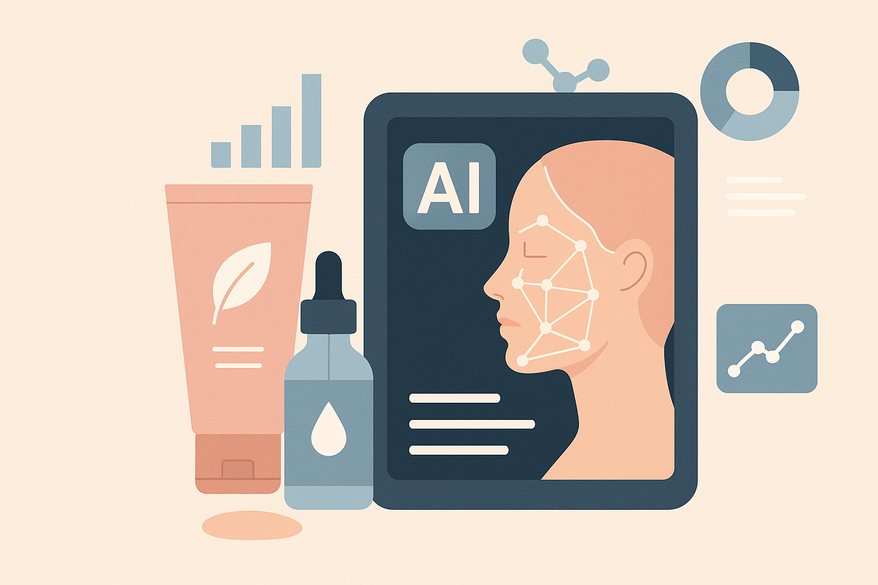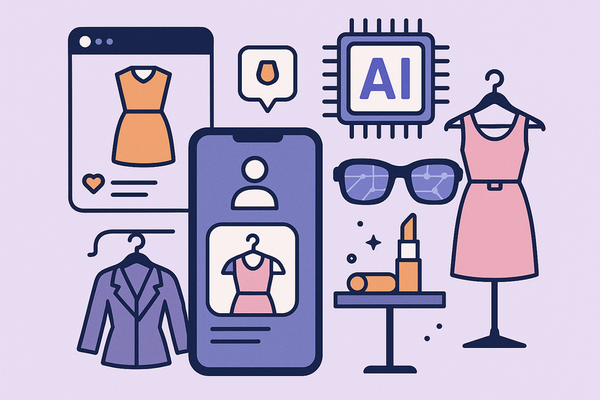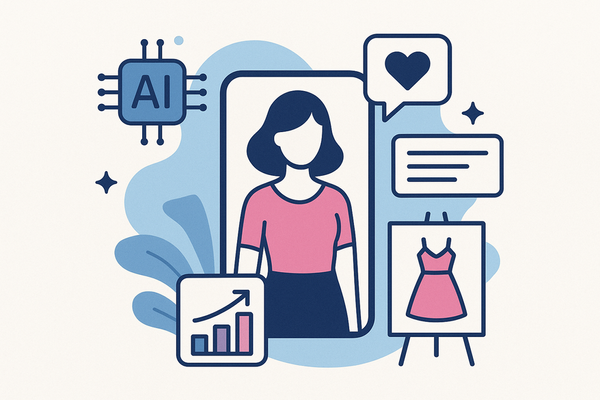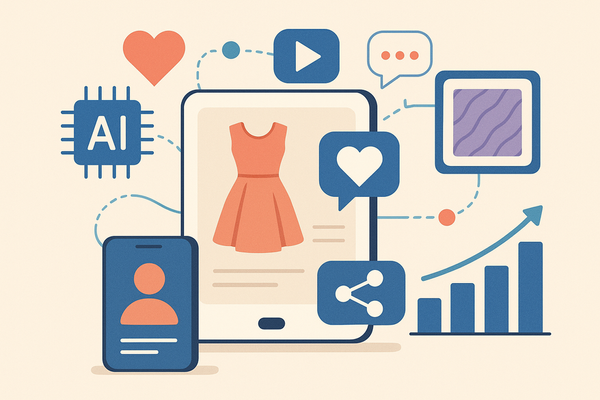Harnessing AI Anti-Aging Skin Care: Personalized, Data-Driven Beauty Solutions
Explore AI anti-aging skin care solutions that offer personalized, data-driven beauty regimens tailored to individual needs, optimizing results and efficiency.

Estimated reading time: 8 minutes
Key Takeaways
- Personalized Regimens: AI crafts routines based on skin data, genetics, and lifestyle.
- Real-Time Adjustments: Algorithms monitor progress and tweak treatments dynamically.
- Innovative Ingredient Discovery: Machine learning accelerates peptide and molecule breakthroughs.
- Dermatologist Collaboration: Hybrid models blend AI precision with expert insights.
- Future Trends: Wearables and IoT will drive minute-by-minute skin care personalization.
Table of Contents
- Introduction
- What Is AI Anti-Aging Skin Care and Why It Matters
- How AI Works in Skincare: Personalized Skin Analysis
- Benefits of AI in Anti-Aging Treatments
- Current Innovations and AI-Powered Skincare Tools
- Integration with Traditional Skincare Practices
- AI Skincare Myths vs. Reality
- Future Trends in AI Anti-Aging Skin Care
- Conclusion
Introduction
Artificial Intelligence (AI) has revolutionized anti-aging skin care by combining machine learning, environmental data, genetics, and millions of skin profiles to craft highly personalized routines. Tools like customized skincare routine apps automate product selection and scheduling to remove guesswork from your regimen.
What Is AI Anti-Aging Skin Care and Why It Matters
AI anti-aging skin care harnesses machine learning and vast skin datasets to deliver tailored beauty solutions. By analyzing factors like genetics, environment, and lifestyle, it moves beyond one-size-fits-all regimens to continuously adapt your routine for optimal results.
Why it matters:
- Precision: Objective skin diagnostics replace guesswork.
- Efficiency: Cuts down on costly trial-and-error.
- Innovation: Speeds up discovery of potent ingredients like novel peptides.
How AI Works in Skincare: Personalized Skin Analysis
- Personalized Skin Analysis
AI algorithms map wrinkles, pigmentation, pore size, and hydration from user selfies. Objective metrics remove bias from traditional exams. - Tailored Recommendations
Machine learning ingests genetics, age, lifestyle, and climate to output daily regimens of cleansers, serums, SPF, and actives. Learn more: AI Skincare Recommendation System. - Real-Time Adjustments
Platforms track skin over weeks and adjust dosages or swap ingredients based on improvements or setbacks. - AI-Driven Formulation Development
R&D teams screen natural peptides and molecules virtually; algorithms optimize concentrations and predict efficacy.
Benefits of AI in Anti-Aging Treatments
- Personalized Treatment Plans: Considers skin history, biometrics, and tolerance to optimize ingredient blends.
- Dynamic Monitoring: Measures micro-changes and provides visual progress reports.
- Enhanced Accessibility: Democratizes expert-level advice via mobile and web platforms.
- Cost Efficiency: Reduces wasted products and streamlines dermatologist consultations.
Current Innovations and AI-Powered Skincare Tools
- Skin Analysis Apps & Devices: SkinIO and HiMirror generate detailed AI skin health reports.
- AI-Powered Ingredient Discovery: BASF’s PeptAIde® uses AI-designed peptides from rice protein.
- Augmented Reality Try-On: Visualize anti-aging effects in real time via camera overlays.
- Brand Systems: L’Oréal’s SkinConsult AI matches photos to products and updates regimens dynamically.
- Wearable Integrations: Syncs sleep and stress data with skin analysis platforms.
Integration with Traditional Skincare Practices
- Complementing Dermatologists: AI provides data-rich reports; clinicians refine protocols further.
- Expert Validation: AI accuracy often matches or exceeds traditional evaluations.
- Case Study: BASF moves AI-identified peptides through lab tests and clinical trials with clinician oversight.
- Training & Certification: Dermatology courses now include AI modules for effective tool use.
AI Skincare Myths vs. Reality
Myth: AI replaces human experts.
Reality: AI augments expert judgment; final decisions remain human-led.
Myth: Only luxury brands can afford AI.
Reality: Freemium and mid-range platforms make AI accessible to everyone.
Myth: Instant, flawless results guaranteed.
Reality: Outcomes depend on consistency and data quality.
Myth: AI plans are one-time.
Reality: Regimens update continuously as skin and environment change.
Future Trends in AI Anti-Aging Skin Care
- Continuous Personalization: Wearables and IoT will feed real-time data for minute-by-minute regimen updates.
- Precision Ingredient Discovery: In silico simulations will custom-design multi-compound formulations.
- Holistic Health Integration: Correlating skin aging with sleep, nutrition, and microbiome profiles.
- Ethical & Privacy Focus: Data security and user consent will be paramount.
- Global Expansion: AI tools adapting to diverse skin types and climates for universal personalization.
Conclusion
AI anti-aging skin care is transforming beauty with precise diagnostics, truly personalized regimens, dynamic adjustments, and accelerated ingredient discovery. By combining machine learning insights with dermatologist expertise, consumers can confidently navigate their skin aging journey.
For an all-in-one experience, consider Maxx Report, which offers AI-driven skin analysis, regimen personalization, and real-time monitoring.
FAQ
- What data does AI use for anti-aging skin care?
- AI analyzes high-resolution selfies, genetic markers, environmental exposures, lifestyle habits, and user feedback to tailor regimens in real time.
- Can AI replace my dermatologist?
- AI augments expert judgment by providing objective metrics and treatment suggestions, but complex diagnoses and final clinical decisions still benefit from a professional.
- How often should I update my AI-driven routine?
- Most systems adjust daily or weekly based on new skin measurements and environmental changes. Consistent data uploads ensure optimal recommendations.
- Is my skin data secure?
- Reputable AI skincare providers prioritize user consent and data encryption. Always review privacy policies before sharing sensitive information.





